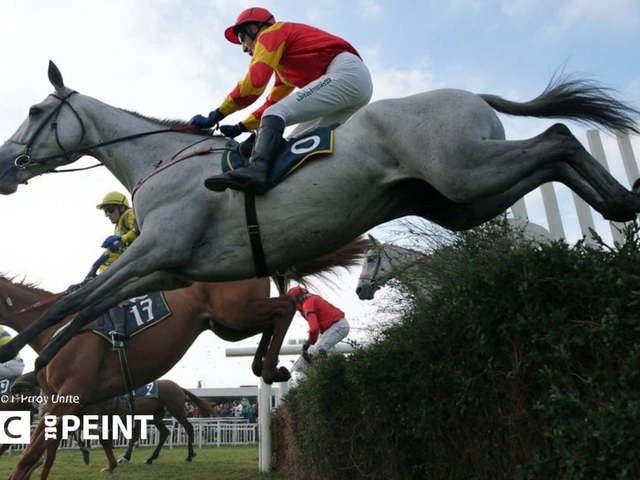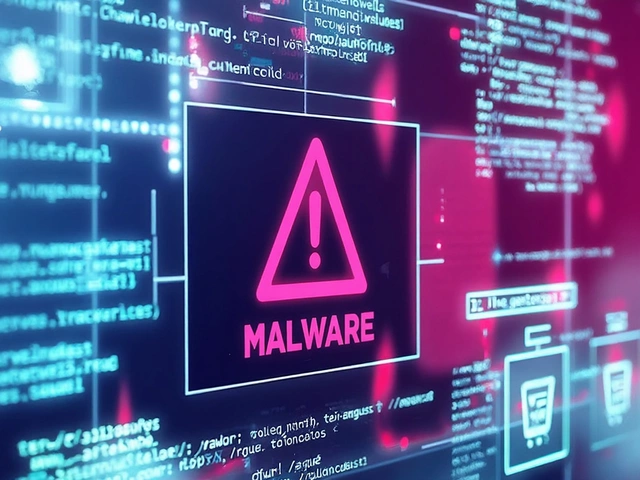Sexual Assault Allegations in Sports: What Every Coach and Player Should Know
When a story about sexual assault pops up in the news, it’s easy to feel detached—until it hits your own team or club. Suddenly the headlines aren’t just headlines; they’re a warning that something could happen in your locker room, on the field, or at a training session. That’s why it matters to understand the basics, see what’s been happening lately, and learn how to act fast if something goes wrong.
Why the headlines matter
Recent cases, like the suspension of a UK MP over sexual harassment and the public debate around free speech, show how quickly a misconduct claim can explode into a full‑blown crisis. In sports, the stakes are even higher because trust is the glue that holds a team together. A single allegation can damage a club’s reputation, ruin careers, and leave athletes feeling unsafe.
Even if the story isn’t about a local coach, the pattern is the same: someone in a position of power misuses that power. When the power imbalance is clear, victims often stay silent until they’re forced to speak out. That silence is what makes early detection and strong policies so crucial.
How to keep your team safe
First, set up a clear, written policy that defines what counts as sexual assault and harassment. Make sure every player, coach, and staff member reads it and signs an acknowledgement. Keep the language simple—no legal jargon—so everyone knows exactly what behavior is off‑limits.
Second, create multiple reporting channels. Some people prefer a confidential email, others want to talk to a trusted senior coach, and a few need an external hotline. The key is to give options and guarantee that reports will be taken seriously and investigated promptly.
Third, train your staff regularly. Short workshops that cover consent, by‑stander intervention, and how to handle a complaint can turn a coach from a potential risk into a first line of defense. Use real‑world examples (without naming anyone) so the lessons stick.
Fourth, protect the accuser. Keep their identity private, avoid media leaks, and provide support services like counseling. A victim who feels safe is more likely to stay in the sport and help build a healthier environment for others.
Finally, monitor and review. After any incident, look at what worked and what didn’t. Did the reporting system get used? Was the investigation swift? Adjust policies based on those answers—nothing stays perfect forever.
Remember, you don’t need a scandal to act. Taking these steps now not only shields your athletes but also shows parents, sponsors, and the broader community that you’re serious about safety. In New York’s buzzing sports scene, that reputation can be the difference between a thriving program and a shutdown.
Got a question about how to set up a reporting form or need a template for a policy? Reach out to NY Sport Coaching Hub—we’ve got resources ready to help you keep your team safe and focused on the game.
Kieran Lockhart, Jul, 17 2025
Lauren Southern Details Sexual Assault Allegations Against Andrew Tate in Explosive Memoir Chapter
Lauren Southern accuses Andrew Tate of sexual assault in a chapter of her 2025 memoir, describing a 2018 incident in Romania involving choking and non-consensual acts. Tate's legal team calls the claims 'pathetic filth,' but offers no evidence to refute her account. The memoir release adds pressure to Tate's ongoing criminal cases.
View More



